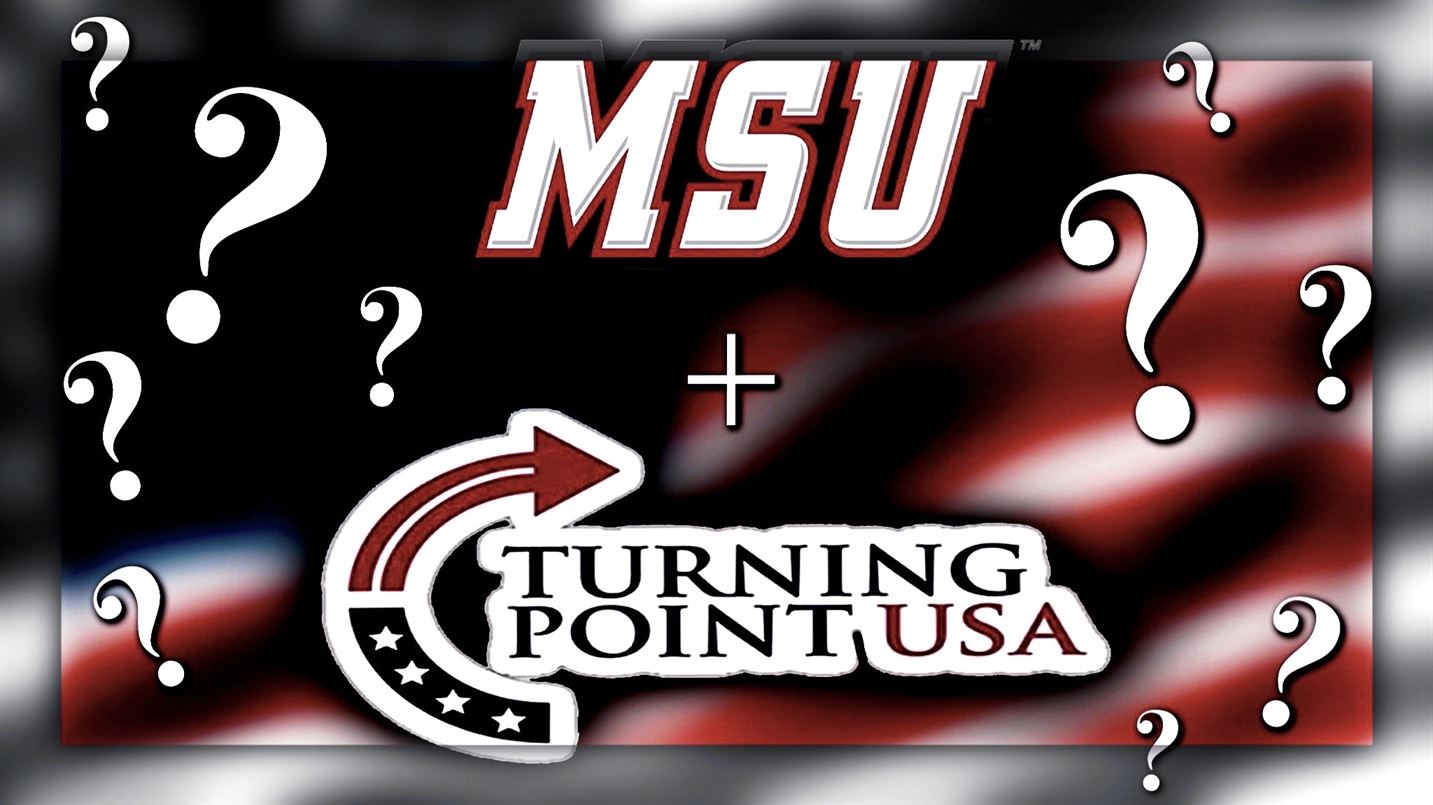As some of you may know a student organization affiliated with Montclair State University, Turning Point USA (TPUSA), hosted guest speaker Phil Rizzo, a former congressional candidate of New Jersey, on April 19.
I can assure you all, I don’t want to be in a position where writing this article is necessary, but it would be unethical to ignore this topic.
Montclair State claims to pride itself on inclusivity; according to its website, over 50% of our student body is part of a minority group. Also, Montclair State recently merged with Bloomfield College, a predominately Black institution (PBI).
Turning Point USA is a student organization that was approved by the Student Government Association (SGA) last fall. The club uses vague terms to describe itself on Engage, claiming to emphasize “civil discourse” and “hot topics in society,” among other objectives.
According to the constitution of the student org Turning Point USA, this club is a chapter of the national non-profit organization Turning Point USA. A quick search on Google shows TPUSA is an organization with a strong conservative political lean to a concerning extent.
Dr. Wendy Lynne Lee is a professor of philosophy at Bloomsburg University and is one of the leading experts on this topic. Lee gave a presentation at the Society for Philosophy in the Contemporary World Conference which explained the mechanics and significance of TPUSA.
She spoke about how TPUSA brands itself as an organization that supports free speech, free market values and limited government, but this branding is intentionally deceptive; this national organization aims to “undermine university commitments to academic freedom and respect for cultural, religious and identity diversity”.
Lee went on to elaborate on how TPUSA’s true intention is to remove viewpoints from higher education that do not support the organization’s authoritarian and white nationalist benefactors.
Lee has documented strong ties between TPUSA and “…expressions of antisemitism, anti-muslim sentiment, racism, misogyny, and anti-LGBTQIA+ bias, as well as connections to prominent alt-right personalities”.
TPUSA chapters across the country commonly host controversial guest speakers and “…what they [call] ‘engaging in controversial conversation.'”And a lot of times it was them talking over people, shaming people, yelling at people…” at tabling events.
TPUSA also has a history of influencing SGA elections at colleges across the U.S., with the explicit intention of pushing conservative priorities into multi-million dollar college budgets and campus policies.
Montclair State’s TPUSA chapter has shown views consistent with the national organization.
On April 17, Montclair State’s TPUSA chapter posted a video that expressed transphobic talking points about women’s sports to their Instagram story. They hosted an on-campus event with Rizzo the next day.
Rizzo is no exception to TPUSA’s trend of hosting controversial speakers. He is a Republican politician and businessman, who openly expresses views similar to that of former president Donald Trump.
In the first two weeks of April alone, he has regularly posted conservative alarmist rhetoric on his Twitter, including attacks directed towards LGBTQ+ people, people who are not Christian, and people who take precautions against the coronavirus (COVID-19).
A hate group is defined as an “organization or collection of individuals that – based on its official statements or principles, the statements of its leaders, or its activities – has beliefs or practices that attack or malign an entire class of people, typically for their immutable characteristics”, as defined by Southern Poverty Law Center. These characteristics are often “…their race, religion, ethnicity, sexual orientation or gender identity.”
Although the Southern Poverty Law Center does not currently recognize TPUSA as a hate group, TPUSA’s ties with racism, antisemitism, anti-LGBTQ bias, and other forms of discrimination are too prominent to ignore. This organization is simply taking advantage of the escalating language used in politics to justify spreading derogatory messages about vulnerable populations.
I am not here to argue what groups should be affiliated with Montclair State. I am not here to argue if the claims or political opinions have merit. I am not here to argue about what should be included in any curriculum or lesson plan.
When I learned this organization had a chapter at Montclair State, I had no idea what it was. This article is the sum of the information I have been able to find and verify over the past four days. The singular purpose of this article is to inform readers about the existence and fact-based concerns associated with TPUSA.
I applied to Montclair State because I heard it was so diverse and inclusive. And for the most part, Montclair State has lived up to those expectations.
We have an incredibly vibrant student body from such a diverse spectrum of backgrounds, a large array of academic and research opportunities, and all set on a beautiful campus.
However, I hesitate to use the term ‘inclusive’ when I speak about Montclair State.
For anywhere to be inclusive, the first step has to be ensuring the physical, emotional and social safety of students and staff from minority groups that experience the highest amounts of prejudice and discrimination. And I’m not sure how we are supposed to feel safe if on-campus organizations are hosting guest speakers that spread hate and misinformation.
Silence is complacency, and the ability to look away is a privilege.



